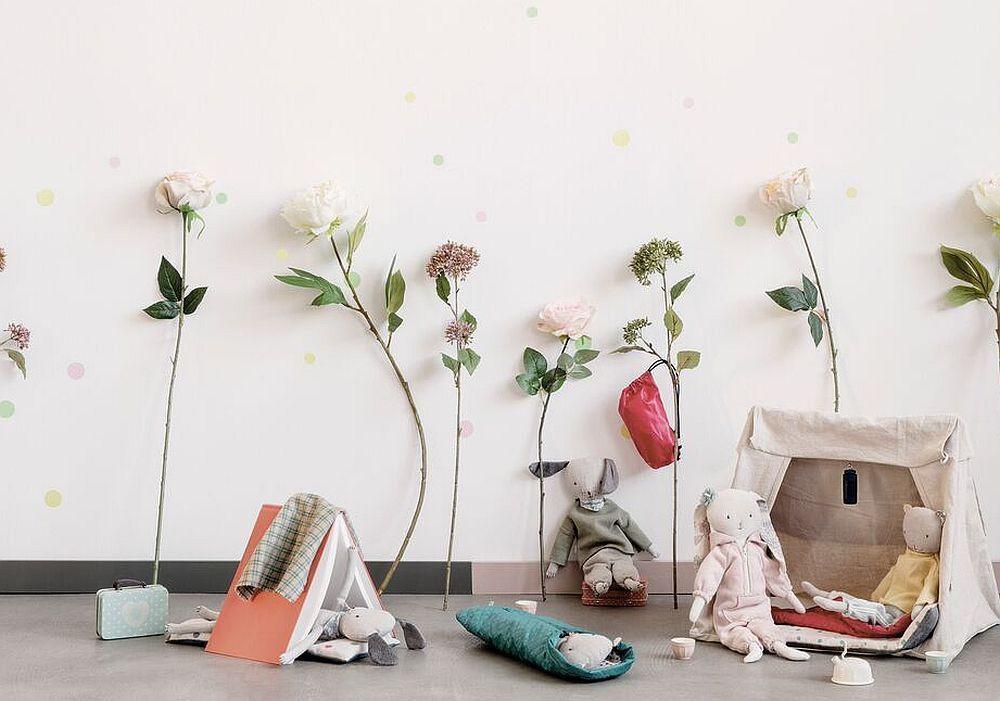Tell Me A Story: The Importance of Oral Storytelling


The sing-song pitch in which I would ask my mom to tell me a story every night before bedtime is one of the staples of my childhood. It is also amongst my most cherished memories: those quiet moments when a family member would begin to tell me a story about their past or make something up about the future. Oral storytelling dates back much further than my childhood bedroom. Historians trace storytelling to over 30.000 years ago, where even in the earliest civilizations, groups of people would gather around small spaces to tell oral stories that have passed down cultural beliefs, familial memories, or creative fantasy. These stories were told in circles, maintaining eye contact and human connectedness that have bonded groups of people and helped them recognize truths about their own reality.
In the present, formal storytelling has moved to big screen movies, or behind illustrated books, but one of the closest things we have to our oral storytelling predecessors is the tradition of (with with s’mores and marshmallows in hand!) sharing stories around the campfire in an intimate setting that encapsulates every member of the group. Studies reinforce the importance of oral storytelling in the development of an individual’s social and emotional abilities, cognitive growth, as well as their language skills.
Socially and emotionally, oral storytelling is much more personal than telling a story using a book. While both are illuminating experiences for the audience, telling a story in a circle, using only language skills including physical gesticulation, tone, and volume, captures the attention of the viewer in a way that is different than using a book or watching a movie. It also has room to incorporate personal backgrounds to make it relevant to the particular group. Research also emphasizes that families that reminisce about events of the day with preschoolers will actually help the child begin to tell their own descriptive narratives and recount events with an emotional understanding. The ability to retell a story about the day is linked with higher self-esteem and a stronger sense of self because a child is learning to be introspective through the use of narrative and oral storytelling.
Cognitively, story telling without the use of any illustrations requires audience members to create their own characters and their own visuals in their head. This skill is called visualization, which is essential for a child when they begin to read novels that do not have any images or any drawings. Engaging in oral storytelling at a young age will help children build this skill early on in life.
In terms of language development, a child who listens to the story aloud, without visual stimuli, is most apparently activating their auditory system and their language processing system. The child has to process the information through verbal prompts, or can use gesticulation to understand the story. They are further experiencing that language is a combination of words, tones, and physical gestures and they are exposed to new vocabulary, grammar, and syntax. By telling their own story, they are using their expressive language skills and practicing their own narratives.
Telling stories around a campfire offers much more than marshmallows and melted chocolate. It provides a rich opportunity for groups of people to reminisce, share cultural folktales, exchange narratives, or create new stories, which not only enhance developmental skills, but also creates a bonding environment. Telling stories is what connects our past to our present. It is also what connects us to one another. Though the days might be busier than they were for our ancestors 30,000 years ago, we should always find some time to sit around a circle and share stories with the people with whom we love.
If you can’t head out into the forest this weekend, inspire oral storytelling through play with our new camping collection found HERE.
Recent Articles
-
Playful Primer 10 Must-Have Toys for Your Next Backyard BBQ
Summer is just around the corner and we're ready for it! From backyard BBQs to neighborhood park outings, we've discovered...
read more -
Playful Primer Tips & Toys to Support Group Play Experiences
Catching a glimpse of children happily engaged in pretend play is like witnessing pure magic. Ever wonder how closely you...
read more -
Playful Primer 5 Ways to Strengthen the Bond Between Siblings
“I’ll take care of the bike. You take care of each other.” This is what I said to my children...
read more
